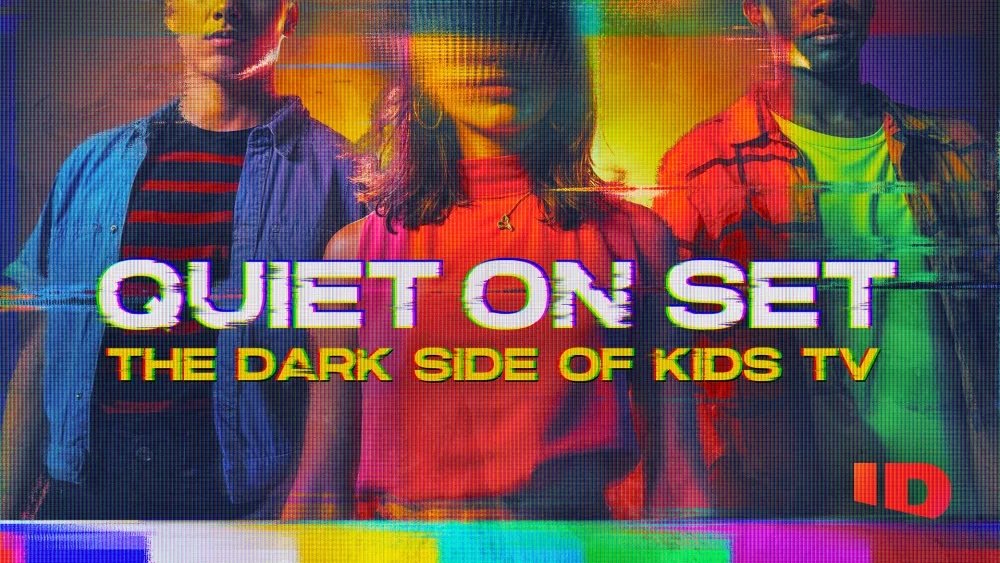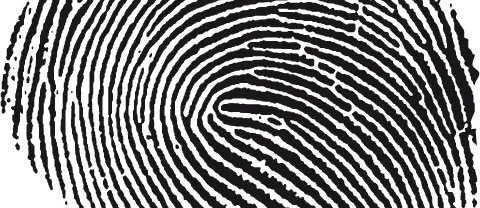Behind the Scenes at Nickelodeon: A Tragic Look at the Dark Side of Kids TV
As a youth talent manager, I recently watched the disturbing new documentary series "Quiet on Set: The Dark Side of Kids TV." This eye-opening exposé pulls back the curtain on the alleged abuses and misconduct that occurred behind the scenes during the heyday of Nickelodeon's wildly popular kids shows in the late 1990s and 2000s. I found it to be a truly tragic and alarming look at how a culture existed where parents and child actors did not feel safe or able to voice their concerns about inappropriate behavior.
The two-night docuseries from ID focuses primarily on prolific creator Dan Schneider and the numerous allegations of abuse of power, sexual misconduct, and pedophilia that allegedly occurred on sets of his hit Nickelodeon shows like All That, The Amanda Show, Drake & Josh, Zoey 101, and iCarly. Through interviews with former child stars, writers, crew members and parents, a deeply disturbing pattern of behavior emerges.
Actors from the sketch show ALL THAT
Major Allegations from the Docuseries
Multiple female writers including Jenny Kilgen and Christy Stratton allege that while working on The Amanda Show, Schneider discriminated against them, forced degrading acts, made inappropriate jokes, and cultivated a toxic, misogynistic environment. Kilgen filed a gender discrimination complaint.
Former cast members like Amanda Bynes' co-stars claim Schneider took an unusual and overly controlling interest in Bynes' personal life, from her emancipation to scripting questionable scenes like hot tub sequences with him fully clothed and Bynes in a swimsuit as a child.
Child actors from “All That” reveal they were asked to do gross, dangerous stunts in "Fear Factor" inspired segments. While young actors on many shows were asked to perform inappropriate, overly sexual material completely unsuited for a kids show. This included characters with disturbing, risqué names and storylines.
Drake Bell confirms for the first time that he was the victim of sexual abuse from his former acting coach Brian Peck, who was convicted in 2004 of child sex crimes. Bell details how Peck groomed and assaulted him repeatedly.
Brian Peck, despite his conviction, somehow was able to continue working in Hollywood with support from actors like James Marsden, Taran Killam and the late Alan Thicke, who wrote letters vouching for his character before they knew the truth.
Multiple convicted pedophiles like Jason Handy were employed as crew members and had disturbingly close access to the child actors, with at least one victim coming forward about being preyed on by Handy.
Drake Bell with NIckelodeon Kids TV show creator Dan Schneider.
Culture of Silence and Lack of Protection
The most tragic and infuriating takeaway from this docuseries is the clear pattern of misconduct being allowed to proliferate due to a culture of silence, where child actors did not feel empowered or protected enough to speak up. Their trauma was consistently downplayed or swept under the rug by those in power.
As former iCarly star Jennette McCurdy has spoken about regarding her own experiences of abuse and exploitation as a child actor, there were inadequate protections in place to safeguard young performers from predators prior to recent legislation like California's AB 1660 which increased requirements around written policies and training related to preventing harassment, bullying and abuse of child actors.
However, as this documentary makes clear, more robust and universal safeguards like mandatory set teachers serving as child welfare advocates are still urgently needed across the entertainment industry.
CA AB-1660 requires fingerprinting to prevent sex offenders from working with children in the entertainment industry.
A Safety Guide for Parents of Child Actors
As a youth talent manager, protecting the wellbeing of my clients is my top priority. After seeing the disturbing realities exposed in this documentary, I feel it is crucial for parents to be highly proactive about establishing protection protocols. Here is my guidance:
Push for state-certified studio teachers or child welfare advocates to be mandatory on all sets involving minors. Their role is to prioritize the education, safety and well-being of child performers.
Establish an open dialogue with your child, the studio teacher, and productions from the start about body boundaries, secrets, and raising any concerns about inappropriate behavior. Make it clear they can voice any concerns without fear.
In addition to set teachers, insist that intimacy coordinators also become mandatory on all productions with children to prevent inappropriate situations from arising.
Do thorough background checks on ALL staff, crew, acting coaches and other adults connected to the production and report any concerns immediately to the set teacher/child welfare advocate and your lawyer if misconduct seems to be occurring. Do not let threats of being blacklisted silence you.
Make sure there are clear procedures and channels in place to report any issues that arise to the set teacher, production, school district, labor agencies and other oversight bodies as needed. Insist on transparency from productions regarding past allegations and how they plan to prioritize child safety.
Consider involving a lawyer to look over all contracts, rights, and obligations related to your child working to understand all stipulations and protection measures.
Prepare your child, through coaching if needed, on how to firmly enforce boundaries and remove themselves from any situation that makes them uncomfortable, even if being pressured by persons of authority.
Build a strong support system and have secure living arrangements that allow you to be physically present to supervise as much as possible when your child is working. Prioritize this over income opportunities that could compromise safety.
Pay close attention to any blurred lines between your child's work and personal life with staff, and be ready to disengage if inappropriate closeness or interest seems to develop.
If you see something, say something. Do not let a desire to protect your child's career enable unacceptable conduct. Their safety has to come first.
The stories shared in this documentary are harrowing reminders that the entertainment industry has often failed to protect its most vulnerable stars: children. Legislation like California's AB 1660 establishing background check requirements for any adults working unsupervised with child performers was an important step, but more is still needed. We must also push for universal mandates across the industry for certified studio teachers/child welfare advocates to be present as mandatory safeguards on any project involving minors. It is up to parents to be proactive advocates, working jointly with these set teachers and child welfare personnel. Everyone must also keep pushing for even stronger universal protection protocols to be implemented. There is no perspective or role more important than shielding child actors from abuse, exploitation and trauma. With collective diligence across the industry, from parents, lawmakers and productions, we can create better standards and a safe working environment where young talent can thrive free from harm.





